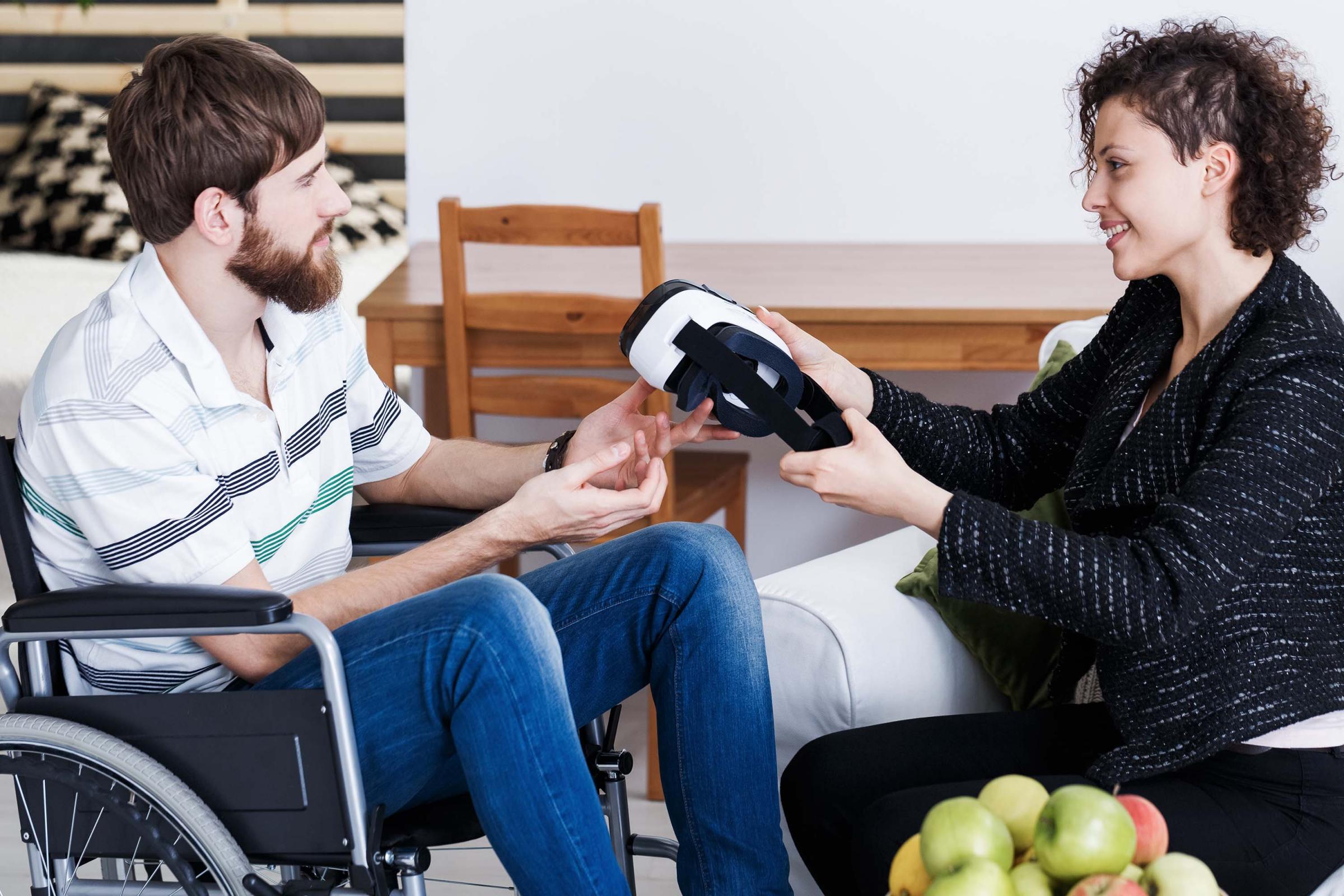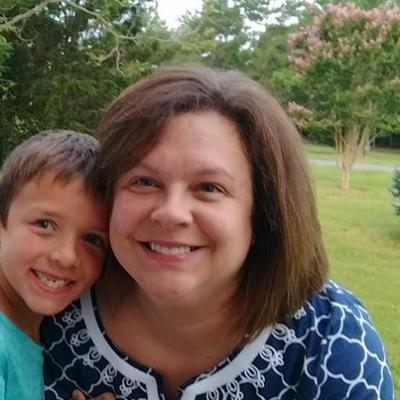
Health Sciences - Pre-Occupational Therapy |
Bachelor of Science (B.S.) |
The Health Sciences Major with a concentration in Pre-Occupational Therapy prepares students for graduate work in Occupational Therapy. Health Sciences majors take courses to prepare them for careers in the health sector from both the scientific and psychosocial perspectives and includes several specific concentrations. Heath science majors can choose a concentration that focuses on the broader health science track or pre-nursing as a part of their undergraduate studies or one that focuses on graduate programs including: pre-physical therapy, pre-occupational therapy, pre-athletic training or public health.
Students are active in planning their course selections and potential internship opportunities related to their specific concentration within the Health Sciences program.
Related Occupations
- Hospitals: state, local, and private
- Offices of physical, occupational, and speech therapists, and audiologists
- Elementary and secondary schools: state, local, and private
- Home healthcare services
- Nursing care facilities
Fast Facts
- According to the Bureau of Labor and Statistics, the need for Occupational Therapists will increase 16% over the next ten years.
- Students must earn a Master of Occupational Therapy degree from an accredited occupational therapy education program in order to sit for the National Board Certification in Occupational Therapy Examination. The accreditation is through the Accreditation Council of Occupational Therapy Education (ACOTE).
- Occupational therapists and occupational therapy assistants work with individuals across the lifespan to regain abilities or master function through the therapeutic use of everyday activities.
- Occupational therapy interventions may include working with children who experience disabilities to participate fully in school and social situations; assisting individuals recovering from injury to regain skills; and providing support for older adults experiencing physical and cognitive changes.
- Healthcare occupations are projected to add more jobs than any of the other occupational groups. According to the Bureau of Labor and Statistics, employment in healthcare occupations are projected to grow 15 percent from 2019 to 2029, much faster than the average for all occupations, adding about 2.4 million new jobs.
Explore Experiental Major Map
 Use this map to help plan and guide your experience at Limestone. Each student’s experience is unique so please keep in mind the activities outlined in this map are suggestions and can be tailored to you! Always consult with your advisors whenever possible for new opportunities and updates.
Use this map to help plan and guide your experience at Limestone. Each student’s experience is unique so please keep in mind the activities outlined in this map are suggestions and can be tailored to you! Always consult with your advisors whenever possible for new opportunities and updates.
Course Requirements
Requirement Notes
- Limestone's required Competency & General Education courses
- A total of 120 credit hours
- The required courses listed below (46 credit hours)
- Additional Biology course (BI101 or 110) (Note: some graduate programs may require BI102) (4 credit hours)
- A Chemistry course (CH105 or 110) with a lab (Note: some graduate programs may require 8 hours) (4 credit hours)
Natural Science and Math electives, including a minimum of 2 laboratory courses, from the following: BI102 or 250-level or above; CH111 or 300-level or above, HS250, HS301, PH200-level or above, MA319.
- One Sociology course (SO201 or SO202). (3 credit hours)
* This major includes one AWE course (3 credit hours)
Students must complete 30 total credit hours at the 300-level or above.







